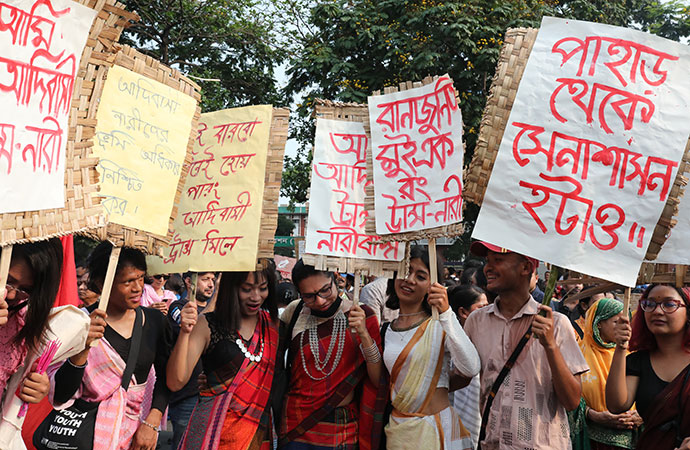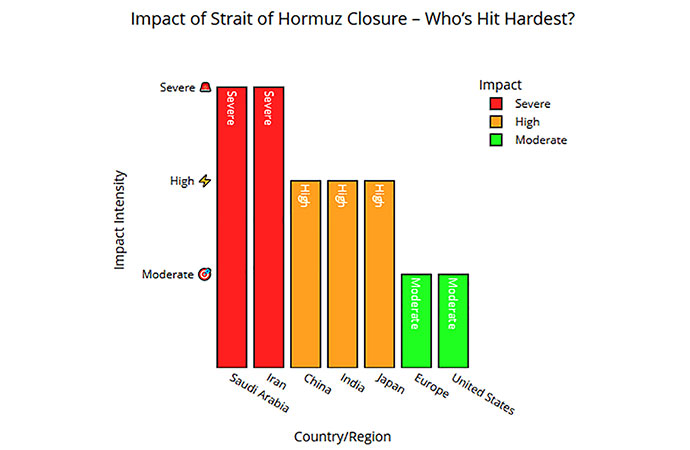Featured 1

Photo: AP/UNB
The proceedings of the National Consensus Commission, the apex body sitting on top of all the different reform commissions formed by the interim government, were always going to emerge as the most critical exchanges during our transition back to democracy, that was triggered by last year's monumental July Uprising. Comprising the heads of the six most important commissions and chaired by the Chief Adviser himself, the principal task of the NCC would be to arrive at a consensus for reforms deemed absolutely necessary, in order to get Bangladesh's democracy back on track after 15 years of a regime that never stopped paying lip-service to the democratic cause or ethos, even as it ravaged the system ruthlessly from the inside.
The last ten months have not been bereft of tensions, and the load of responsibilities that had come to rest on their shoulders since August 8, 2024. The team chosen by Dr Yunus to serve as his Council of Advisers drew mixed reactions, in terms of both their selection and subsequently their performance. But the least that we as a nation owe them for taking on what was always going to be a pretty thankless job, is to acknowledge the scale of the task that lay ahead of them.
Apart from handling all the day-to-day work that keeps coming up in their ministries (most of the advisers are handling more than one portfolio), the members of the interim government have been forced to juggle a reform agenda, a justice agenda, and a clean election agenda. These were all clearly part of the job description from the start. Increasingly, we can sense an 'AL cleanup' agenda, that seeks to cleanse the entire structure of governance of any residual elements of the toppled regime, whose members today are mostly on the run, spread out across the continents (although the thickest cluster happens to be right next door of course). This one has grown and grown, in line with the shocking lack of remorse they have displayed, the inability or refusal to introspect, how they remain as disconnected from the people today, as they were in the throes of absolute power.
As I took in the livestream of this week's penultimate session of the NCC, where the discussion was centring the number of reserved seats we should have for women, and how those seats would be filled, I couldn't help but feel encouraged, even emboldened, by what unfolded on the screen. Most of the parties' nominated speakers presented their arguments in coherent fashion, and explained what were clearly technical concepts in fairly simple terms that even laymen could grasp - one suspects this was for the benefit of the TV audiences. The decision to broadcast these sessions was a masterstroke, and must be commended. Not only did the live feed prove very popular on all the different platforms that carried it. It brought the public closer to the reform process, giving them a greater sense of ownership over it. That should augur well for the interim government, in the remaining 8-10 months of its tenure.

























Leave a Comment
Recent Posts
Pedaling Through the Mangroves ...
The journey from the bustling streets of Barishal to the serene, emera ...
Why the Interim Government mus ...
Two weeks out from what is expected to be a red letter day in the figh ...
Doesn’t matter who thinks what about Bangladesh deci ..
The Other Lenin
US President Donald Trump said his administration
Govt moves to merge BIDA, BEZA, BEPZA, MIDA